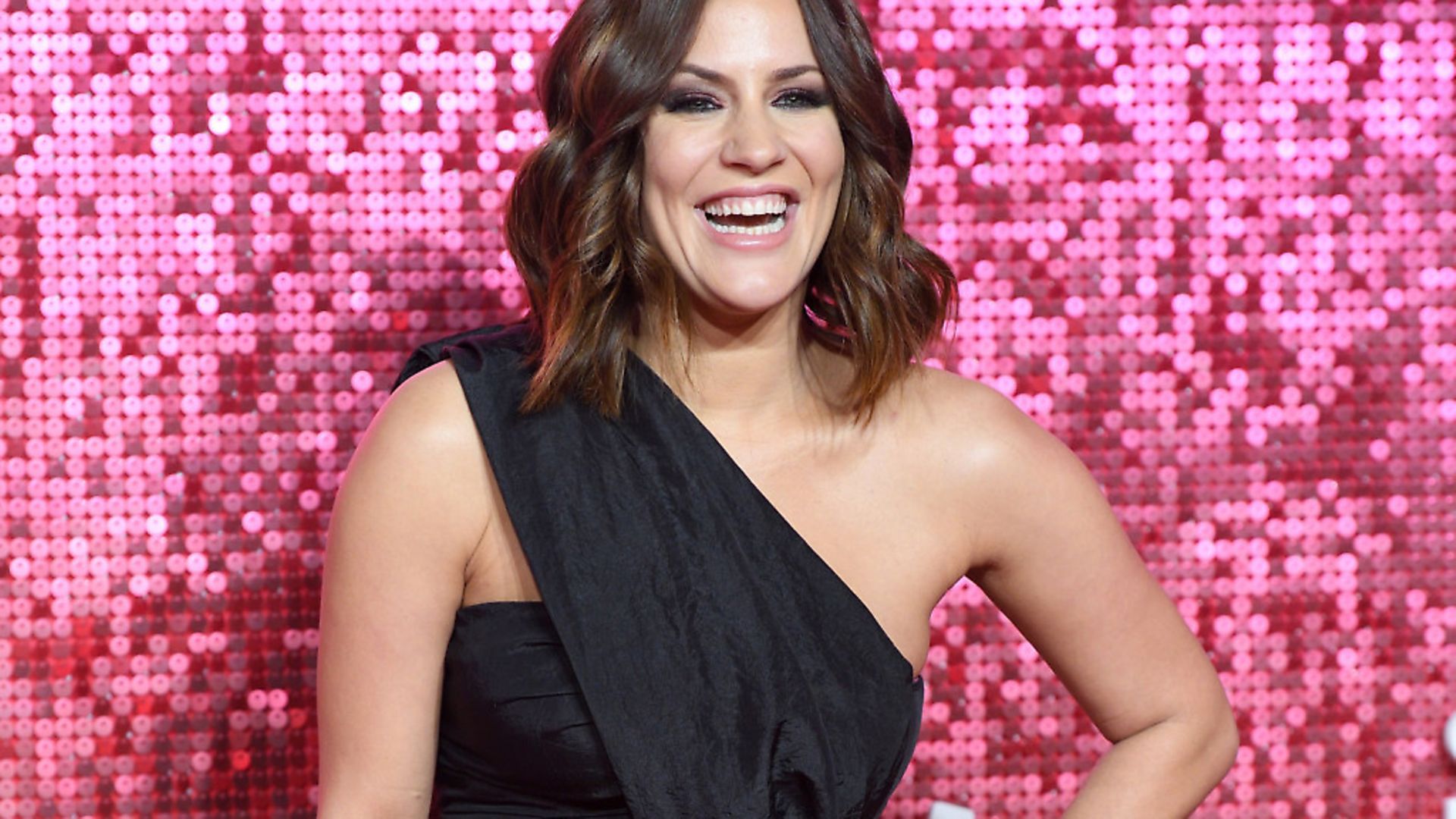
MITCH BENN on the tragic death of television presenter Caroline Flack – and how we all played a part in the media’s involvement.
I wasn’t really that aware of Caroline Flack; I realise what a tiresomely bourgeois and pretentious-sounding thing that is to say right now, but it does become relevant, so bear with me.
I’d heard the name, of course, and I was aware of the fact that she was a TV presenter of sorts, operating primarily in a field of broadcasting which has never held any appeal to me (my aversion to the genre, indeed the whole concept of ‘reality TV’ is a subject for another time).
There were only two occasions I can think of – prior to the news of her death breaking at the weekend – on which she’d cropped up on my cultural radar. Firstly, I recall reading with a twinge of salacious glee, back at the height of One Direction’s fame, that one of the young lads was enjoying a very public affair with a glamorous lady celebrity quite a few years his senior. The second time was just a few weeks ago, when she was arrested over allegations of assaulting her boyfriend.
In other words, she was someone I had almost no knowledge of and not that much interest in. But when those stories broke upon the Twittersphere, did I click on the links to read more? You bet I did.
And now she’s gone, and alongside the expressions of shock and grief from friends, colleagues and fans, there’s a wave of anger; anger that “they” have done it again, anger that our relentlessly prurient and intrusive “media” has claimed another victim.
“They” didn’t do this; we did it. We all did it. And unless we realise that, we’re going to do it again, and again. This is not in any way to absolve others.
A tale such as Flack’s is a win/win for the tabloids: print scurrilous and condemnatory gossip-pieces and op-eds about someone until tragedy ensues, then get another burst of sales with handwringing sob stories about what a senseless waste it all is.
I was 27 when Princess Diana died; I remember being utterly bewildered at the mind-melting levels of hypocrisy shown in the days that followed, not only by the tabloid papers but by their own readership.
Right up until her death, the vigorously expressed consensus in the popular press was that she was a spoiled manipulative harpy, constantly whining for sympathy for her treatment by the establishment while publicly cavorting with her “dusky-skinned lover”.
When the news broke from Paris that she had been killed, there were Sunday tabloids being bundled on to the news-stands at that very moment bearing headlines about how shameless her conduct was and how she was an embarrassment to the nation.
Then suddenly she was gone, and not only was there not a paper or person in the country with a bad word to say about her, there wasn’t a paper or person in the country who’d ever had a bad word to say about her. She was the Queen of all our Hearts, the pure and saintly princess so cruelly snatched away from us.
I recall watching this bizarre national fugue-state take hold and thinking “Do you not all remember what you were saying literally two days ago? Am I going crazy?”
I wondered then and I wonder now if there wasn’t a tinge of unconscious collective shame in the extraordinary outpouring of mourning that followed.
Because while “the media” (which has grown into a far bigger, more multi-headed beast since Diana’s time) does indeed go after people with reckless abandon, it doesn’t do so out of malice. It does so because it’s profitable.
We can absolve ourselves as much as we like, but it’s our sordid obsessions which the media seeks to satisfy. The tabloids ‘monster’ celebrities (and they do seem to especially love going after the pretty ones) because this sells newspapers.
Their websites – and the other non-print associated news sites – post saucy rumours and sneaky pap-shots of the fit and famous because it gets clicks, and clicks mean advertising revenue. We can stab the beast with our rhetorical steely knives for a while if it makes us feel better, but the beast survives because we keep feeding it. Even those of us who’d never dirty our hands on the Sun. If, like me, you’ve ever “clicked here to read more”, you are a part, however microscopic, of the problem.
I don’t know if I’m even suggesting a solution here: boycotts of tabloid newspapers have happened, and can be sustained, as my home town of Liverpool has shown. I guess I just wanted to say that if we really want to change our society then we have to begin by taking a long, hard look at ourselves.
And yes, that includes me. When the news of Flack’s death broke, I posted something on Twitter to the effect that the second saddest thing about it was that we wouldn’t learn from it; we’d blame everyone but ourselves and then go looking for our next victim. At the time of writing that tweet has had nearly sixteen thousand “likes”. Because yes, I checked.
Warning: Illegal string offset 'link_id' in /mnt/storage/stage/www/wp-includes/bookmark.php on line 357
Notice: Trying to get property 'link_id' of non-object in /mnt/storage/stage/www/wp-includes/bookmark.php on line 37







